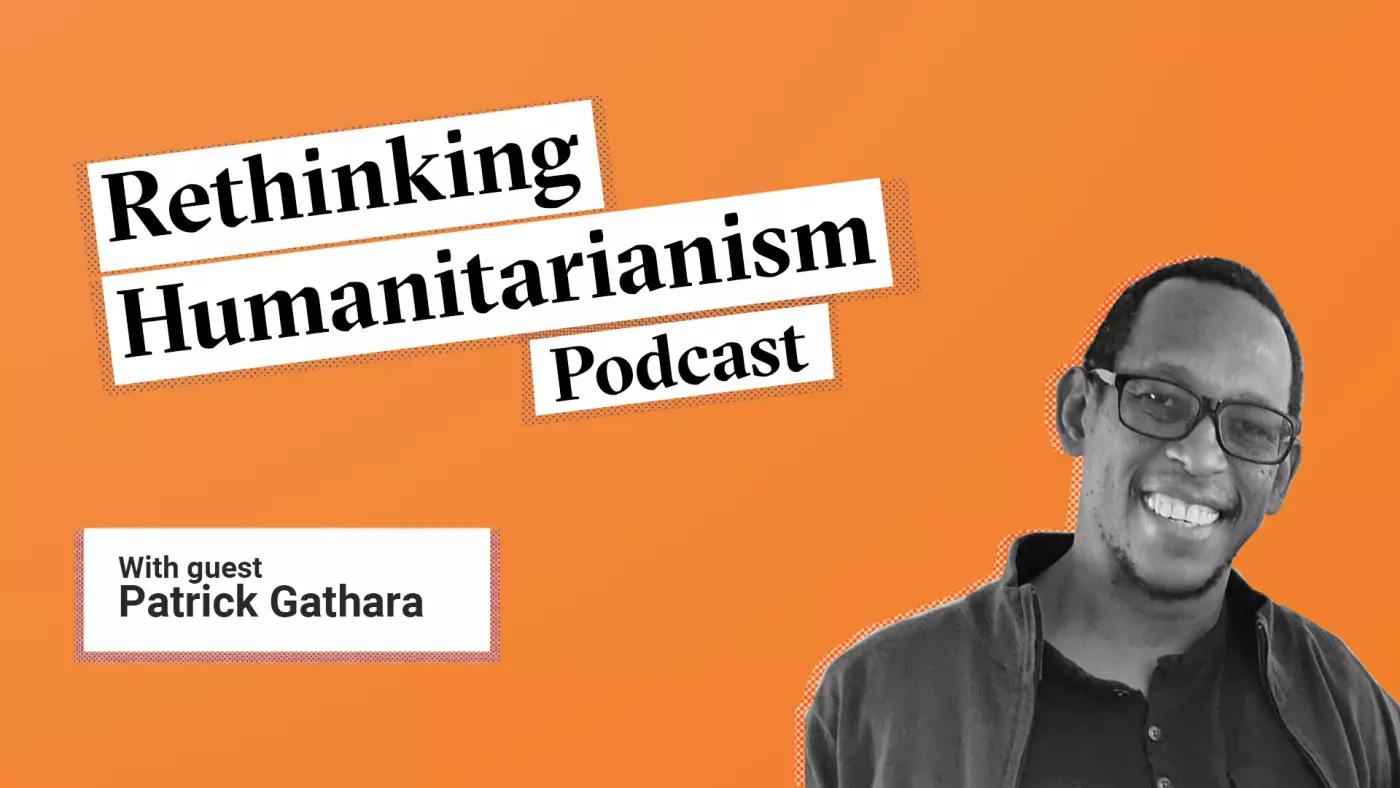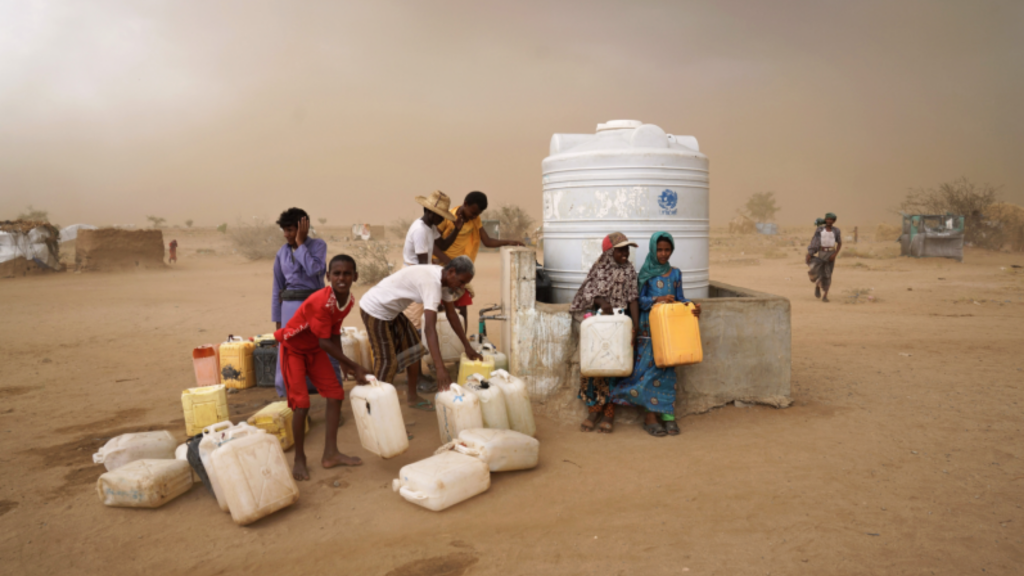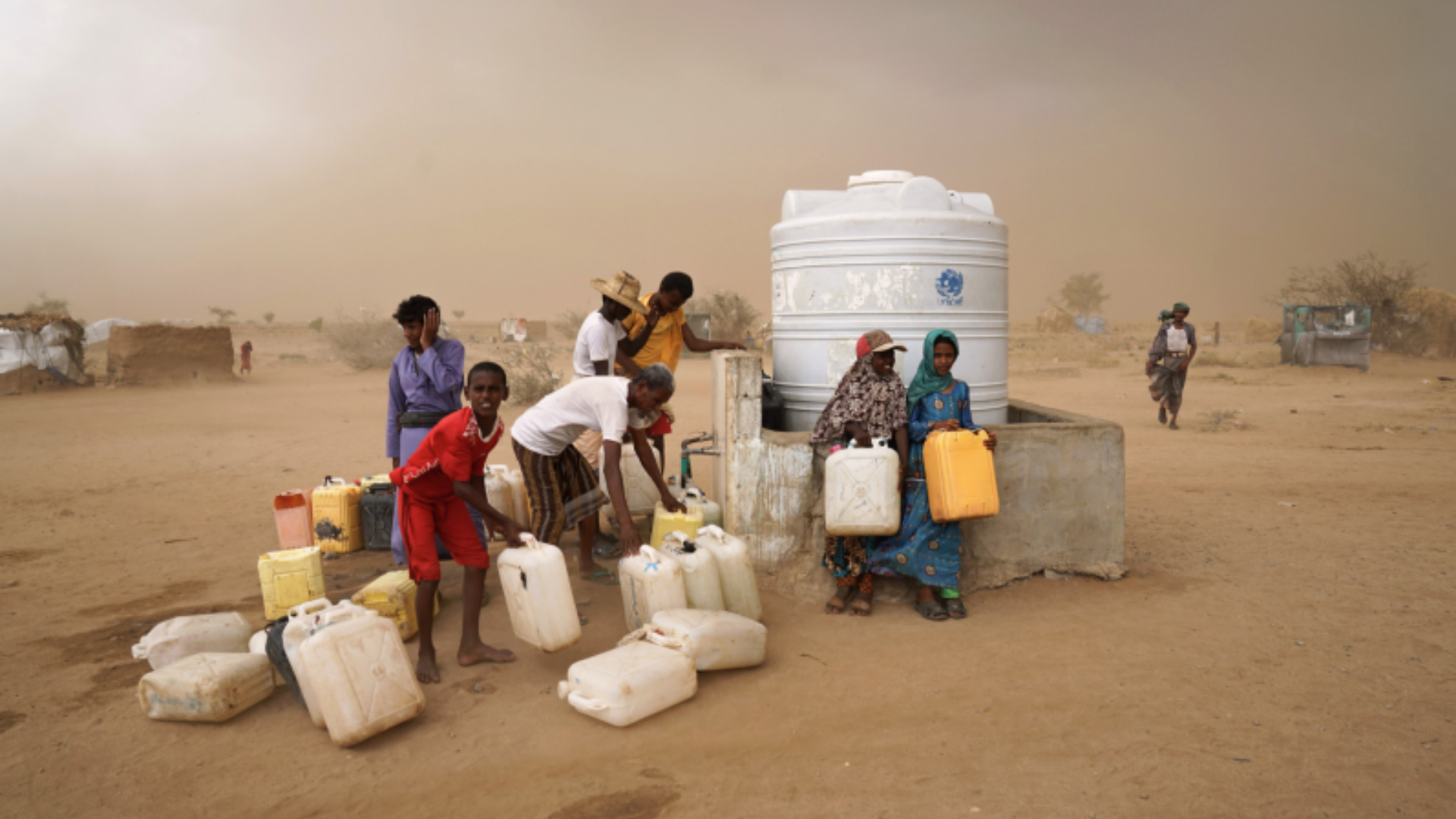During recent years, a discussion on the focal point of many humanitarian organisations’ communication operations has risen. People are questioning the representation of humanitarian crises. One organisation active in the debate is The New Humanitarian. Their most recent source on the topic is the latest episode of the podcast “Rethinking Humanitarianism”. In the episode, “What is a humanitarian crisis, really?”, co-hosts Heba Aly, Melissa Fundira, and guest speaker Patrick Gathara break down the disturbing view of the world the term often reflects and how actors working with ICT4D should alter their communication approaches to decolonise aid and promote an equal future.

A humanitarian crisis is a circumstance which can happen anywhere in the world. Patrick Gathara, The New Humanitarian’s first Senior Editor for Inclusive Storytelling, explains that the common understanding, however, is that it is a condition which only occurs in the Global South and usually requires help from ‘the West’. This leads to multiple damaging consequences. On the one hand, describing crises with different phrases in the rest of the world leads to unrecognised emergencies, preventing the required response when they occur in the Global North. On the other hand, the common representation of humanitarian crises by media and aid organisations constructs a fabricated view of the world as ‘the competent West’ and the ‘helpless rest’, reproducing detrimental stereotypes. Gathara argues that victim blaming is typical when media and aid organisations should be acknowledging the victimisation by structural issues that the affected often experience. If we wish to decolonise aid and achieve sustainable development, this must change.
A first step in the right direction is distinguishing between an emergency and a crisis, Gathara reasons. A humanitarian emergency, for example, a flood or an earthquake, calls for immediate actions to save lives. A crisis, however, lacks an urgent disaster and is caused by chronic issues. Therefore, actors must recognise the reasons behind the inequalities and systemic problems to produce a meaningful humanitarian response. To conduct helpful humanitarian assistance and to avoid patronising victims, communication actions must describe the circumstances correctly. This also implies not jumping from crisis to crisis within humanitarian assistance or communication but focusing on one context for an extended period to have a chance to alleviate and tackle chronic issues fruitfully.

Gathara explains that today, media often create tremendous blind spots and misperceptions through both terminology and how crises or emergencies are portrayed through images. He finds one of the most significant issues in the inability to distinguish discrepancies within and between emergency/crisis contexts. Today, one perspective is usually communicated. Reporting of the different levels of vulnerability within societies, essential local actors, and the local response to crises is minimal. Instead, a portrayal of victims as inherently incompetent and weak is typical, missing that they usually are as capable or more capable than humanitarian actors flying in to help.
It is partially in ICT’s hands to change the perception of what a humanitarian crisis is, according to Gathara. Responding to every crisis similarly and ignoring the specific context reproduces condescending stereotypes, creates misperceptions, and inhibits productive social change. If we wish to decolonise the humanitarian sector, it is fundamental to question the representation of humanitarian crises and change the typical communication strategy regarding these situations. To learn more, read about and listen to the full podcast episode here.
Further reading recommendations by The New Humanitarian:
The West’s humanitarian reckoning, 2020.
Decolonise How? | Misrepresenting crises: How the Maui fire exposes the colonial roots of humanitarian reporting, 2023.


